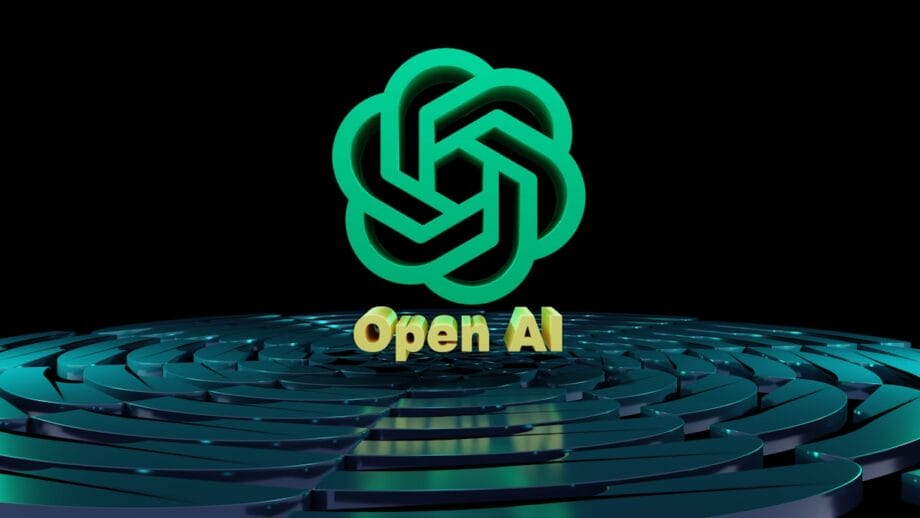Significant AMA Session Announced with OpenAI Codex Team
The forthcoming AMA session with the OpenAI Codex team, scheduled for Wednesday at 11 AM PT, marks a pivotal development in the realm of AI-driven code generation technologies. This interactive forum, announced via OpenAI’s Twitter account on September 15, 2025, invites developers, researchers, and enthusiasts to engage directly with the architects of Codex, the foundational model behind applications such as GitHub Copilot.
Launched in August 2021 through an official blog post, Codex has fundamentally transformed software development, enabling the seamless translation of natural language into executable code, thereby significantly abbreviating the time required for coding tasks.
In the broader landscape, this AMA is timely, coinciding with an escalating demand for AI-assisted coding tools amid an alarming shortage of software engineers—estimated to reach 1.4 million unfilled positions in the United States alone by 2025, as delineated in a 2023 Bureau of Labor Statistics report.
As AI models like Codex become further entrenched in development workflows, they mitigate crucial challenges such as debugging and code optimization, spurring innovation across various sectors, including fintech and healthcare.
This event underscores OpenAI’s dedication to transparency and community engagement, especially following the notable integration of Codex into Microsoft’s ecosystem since 2021, which has garnered over a million developers utilizing Copilot, as indicated by GitHub’s June 2023 report.
This session also coincides with recent advancements in multimodal AI, where code generation is augmented with visual and data processing capabilities—enhancing overall productivity. Analysts predict that AI’s influence on software engineering could propel global GDP by as much as $15.7 trillion by 2030, with coding tools playing a substantial role in this growth, as highlighted in a 2021 PwC analysis.
The AMA presents a unique opportunity to delve into real-world applications, such as automating the migration of legacy code, which has reportedly enabled enterprises like Salesforce to cut development cycles by 30%, as demonstrated in a 2022 Gartner case study.
Business Implications and Market Opportunities
From a commercial vantage point, the Codex AMA heralds new market possibilities within the burgeoning AI for software development arena, projected to attain a valuation of $64 billion by 2025, according to a 2020 MarketsandMarkets report.
Insights gleaned from this session could aid companies in refining monetization strategies, particularly through subscription-based AI coding platforms that yield recurring revenue. For instance, GitHub Copilot’s business model, charging $10 per user monthly since its general availability in 2022, has amassed substantial revenues, illuminating pathways for startups.
The competitive landscape features key players such as Google, with its 2023 Duet AI, as well as Amazon’s CodeWhisperer, launched in 2022. This intensifying rivalry fosters innovation across the sector.
Organizations participating in the AMA could explore collaborative ventures, as OpenAI’s partnerships have facilitated integrations in environments like Visual Studio Code, which reported a 40% year-over-year increase in adoption as per Microsoft’s 2023 earnings call.
Regulatory considerations are paramount, particularly with the emergence of guidelines from the EU AI Act of 2024, which mandates transparency in AI-driven decision-making—topics that may surface during team discussions to ensure compliance.
Ethical implications further complicate this landscape, including the necessity of mitigating biases in code suggestions, a concern articulated in a 2022 MIT Technology Review article advocating for diverse training data to prevent discriminatory outcomes.
Market analysis highlights opportunities within verticals such as e-commerce, where AI-generated code accelerates application development, potentially enhancing conversion rates by 20%, as illustrated by Shopify’s AI initiatives in 2023.
Technical Insights and Challenges
Technically, Codex operates on a model comprising 12 billion parameters, trained on public code repositories, achieving a notable accuracy of up to 37% in code completion tasks, as evidenced in OpenAI’s 2021 evaluations.
However, challenges persist, including safeguarding the model against prompt injection attacks—a vulnerability scrutinized in a 2023 OWASP report, where input sanitization has proven to be an effective countermeasure.
The future outlook suggests upcoming integrations with next-generation models like GPT-4, enhancing Codex’s capabilities as of March 2023, enabling it to tackle more complex problem-solving scenarios.

Forecasts indicate that by 2027, a staggering 80% of enterprise code could be AI-generated, according to a 2022 Forrester projection, marking a turning point in development pipelines.
Competitive advantages arise from fine-tuning models for domain-specific languages, as demonstrated in healthcare applications, where Codex variants reduced error rates by 25%, as reported in a 2023 Nature Machine Intelligence study.
Ethical best practices advocate for auditing intellectual property concerns, given Codex’s training on GitHub data, a topic that sparked rigorous debate during a 2022 lawsuit detailed by Reuters.
For enterprises, overcoming scalability challenges is crucial, with AWS reporting 50% cost savings in AI-related workloads since 2022. This AMA may unveil forthcoming features like real-time collaboration, resonating with the trends in remote work tools that have emerged in the wake of the 2020 pandemic.
Conclusion
In summary, this AMA session not only showcases the technical prowess inherent in Codex but also outlines a strategic path for sustainable AI integration in coding processes.
FAQ
- What is the significance of the OpenAI Codex AMA for developers? The OpenAI Codex AMA grants developers direct access to insights on advanced code generation techniques, potentially expediting their projects and addressing prevalent challenges in AI integration.
- How can businesses benefit from AI coding tools like Codex? Businesses can achieve reductions in development time and expenses, explore new revenue avenues through tailored AI solutions, and maintain competitiveness in a rapidly evolving market since 2021.
Source link: Blockchain.news.






